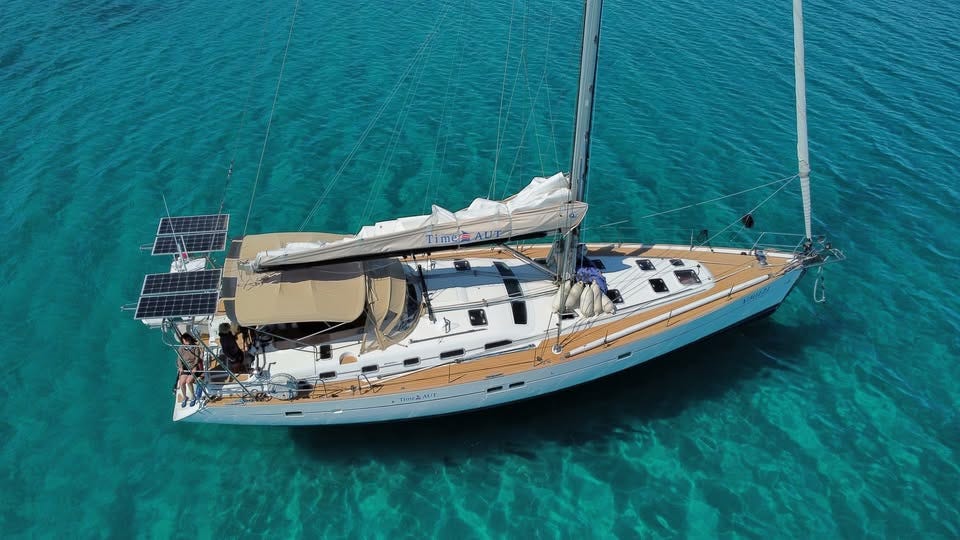'Time Aut' Owner Seeks Insurance Payout for Abandoned Ship
Wait a Minute, Skipper, Legal Experts Say

Skipper Thomas Hackspiel said he was in regular contact with the U.S. Coast Guard beginning on December 10 when the agency issued a storm warning for Atlantic waters off the Carolinas. By then, Hackspiel’s Time Aut, a 2005 Beneteau Oceanis 523…
Keep reading with a 7-day free trial
Subscribe to LOOSE CANNON to keep reading this post and get 7 days of free access to the full post archives.
